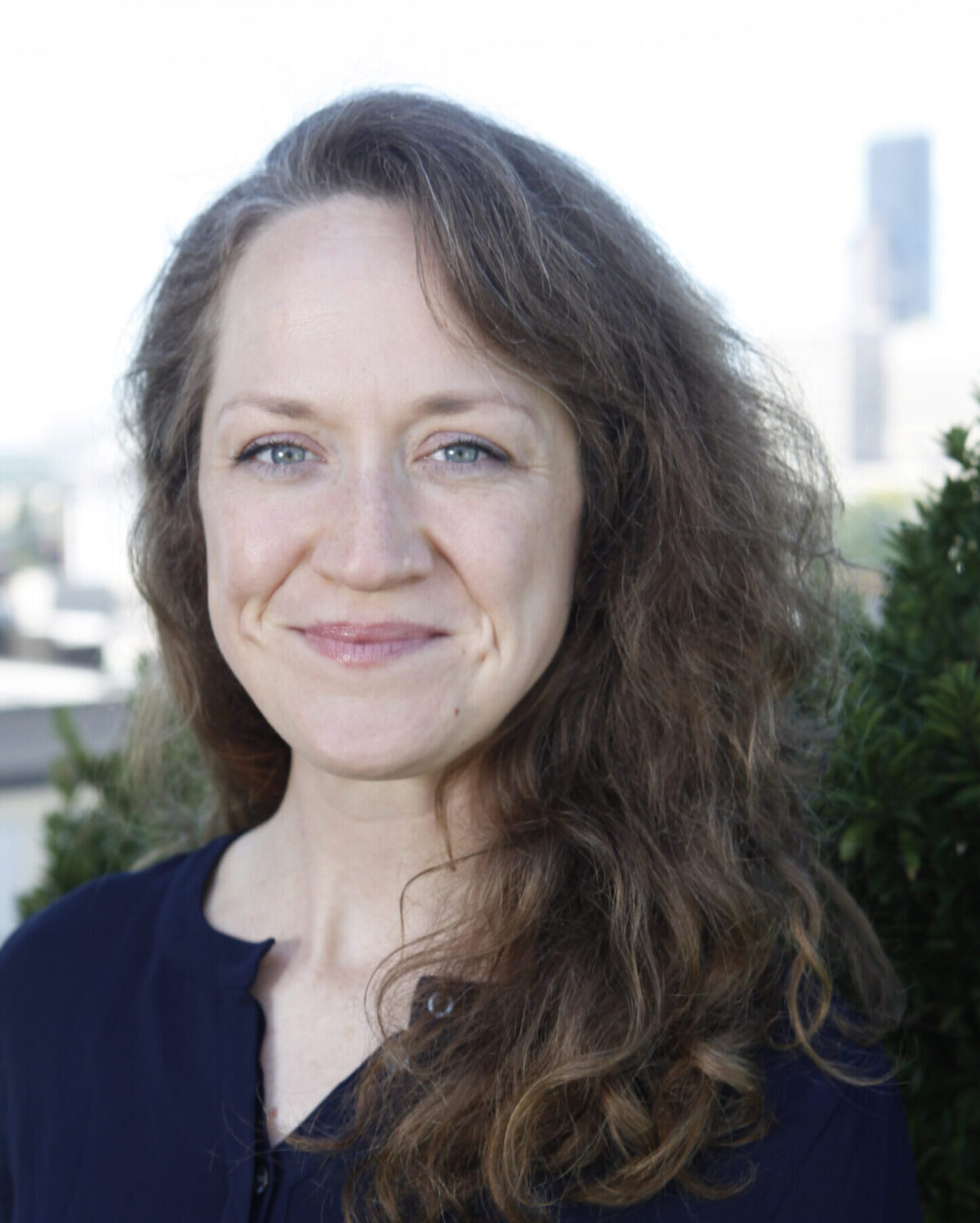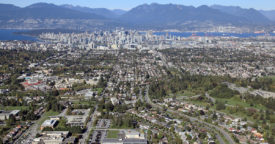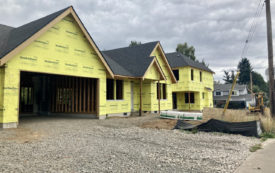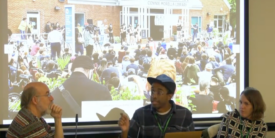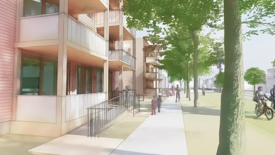Clark
Remember when we wrote about 26 ways to store your bike? Well, here’s a 27th.
Alan
My old friend Jewel James, master carver of the Lummi Nation, continues his inspired art and activism, accompanying a new totem pole along the route of the coal trains. He was in Olympia earlier this week, and the Olympian did a good job of writing it up.
From the “this is what sustainability looks like” department: Seattle’s market for housing in compact neighborhoods is absolutely scorching right now, with an unprecedented number of apartments opening or in development, vacancy rates scraping the floor, and rents still rising, because demand continues to outstrip supply. The whole metro area is in the midst of the biggest surge in apartment construction since the late 1980s, and almost half of the new apartments opened in the entire metro area in the last 12 months have been situated in Seattle’s densest, most walkable district, the area between the stadiums and ship canal.
Cranes are everywhere in central Seattle. My home town is starting—finally—to remind me of Vancouver, BC’s downtown peninsula, Cascadia’s model of anti-sprawl, and it’s making me one happy man. Here are the numbers, charts, and trends from real estate watchers Dupre + Scott, in a report on the rental market. (You have to do some interpreting to discern the density and sustainability implications.)
Developers plan to open 42,000 units between 2013 and 2017. No, that’s not a typo. Over 21,000 units are under construction or completed, and another 4,100 units should start by the end of the year. More units will open this year, next year, and in 2015 than our market has seen in more than 20 years.
A tragedy brought on, probably, by racism inspired this insightful Slate essay on the nature of stereotyping: “Jonathan Ferrell Is Dead. Whistling Vivaldi Wouldn’t Have Saved Him.”
Portland’s installing water mains with tiny hydroelectric plants in them. I’m not kidding.
Eric
Gabriel Grant explores the sharing economy, and what it means for real estate.
Samiha Shafy examines the politics of coal in the world’s leading producer, Australia.
Kevin Drum points out that hands-free talking may be even more dangerous than using a handset while driving.
Anna
Why do people want to eat babies? You’ve felt this before, that fleeting desire to nibble on a newborn’s toes. Now science has an explanation.
Good news: Everybody around the globe is slightly happier than we were a few years ago. The happiest people on Earth are (unsurprisingly) in Denmark, Norway, Switzerland, the Netherlands and Sweden. The US ranks 17th.
Think US plastic is being recycled? Think again. Way too much is shipped to China instead.
Why Popular Science is shutting down reader comments (Hint: They’re actually bad for science. Research shows even a fractious minority bloviating in the comments wields enough power to skew an innocent reader’s perception of a story.)
Finally, what’s in a name? A slew of recent polls show that the US public opposes Obamacare, but the Affordable Care Act? Not so much. Even Republicans like that particular plan. (Commence tearing hair out now.)
Serena
Late addition, but this is must-watch Matt Taibbi on Democracy Now! about how Wall Street hedge funds are managing to loot public workers’ pensions for their own massive gain… and paying think tanks to deliver studies declaring that this is necessary and good. (RAGE.)


